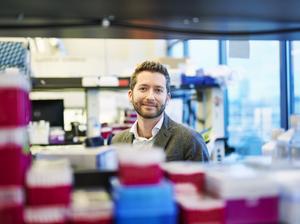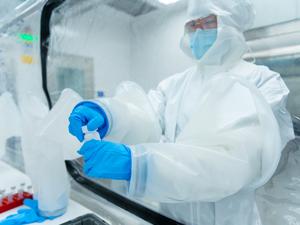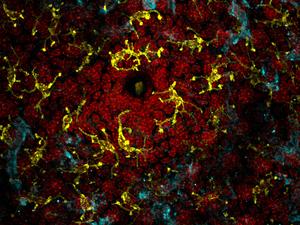
Life sciences investor Flagship Pioneering has focused heavily on the hot fields of artificial intelligence and the microbiome over the last couple of years. Its latest startup hopes to combine the two.
Senda Biosciences launched Wednesday with $88 million in funding. The biotech plans to combine knowledge in the microbiome — the trillions of bacteria naturally abundant in and around the human body — computational biology, environmental genomics and more to create new drugs.
The 50-person startup is led by former GlaxoSmithKline NYSE: GSK) executive Guillaume Pfefer, with Synlogic Therapeutics (Nasdaq: SYBX) and Janssen alum Scott Plevy serving as chief scientific officer.
The company already has plans to begin in-human testing. Senda expects to ask the FDA to begin six clinical trials for multiple sclerosis, Parkinson’s disease, chronic kidney disease, obesity and cancer drugs by the end of 2022.
Senda’s financier, Flagship, has invested in at least five microbiome companies that aim to treat everything from gastrointestinal disorders to cancer. No such drugs have been approved by the FDA, but both Flagship-backed Seres Therapeutics (Nasdaq: MCRB) and Finch Therapeutics are preparing to go before the FDA seeking approval.
Senda is the product of merging one of those previously launched companies — Kintai Therapeutics — and three other ventures Flagship was developing. Kintai had launched last year with 60 employees and plans to test drugs for ulcerative colitis and metabolic syndrome.
The new company believes it can dig deeper into molecular connections that many current microbiome companies, which often rely on assessing stool samples. Company executives also think its drug could be safer and more precise.
“As many of our programs target disease etiologies originating in the gastrointestinal tract, our medications are designed to not be uptaken, meaning we can alter the course of disease, or even prevent it, with zero systemic exposure of the patient to the drug compound… Precision comes from our ability to co-opt natural mechanisms for molecular delivery,” Pfefer said.








